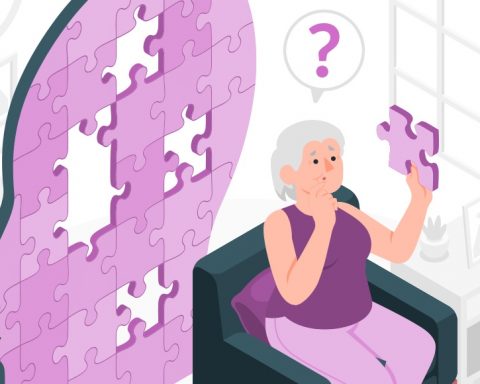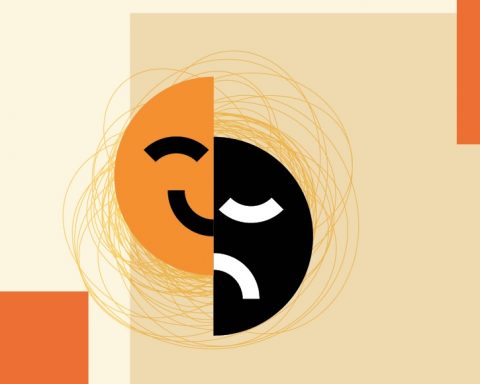Everyone can have trouble sleeping from time to time. But if you find your sleeping issues persist over a long period of time, or the lack of sleep begins to affect your functioning in day-to-day life, it is important to seek advice from a GP. The amount of sleep each individual requires depends on many things, including levels of stress, lifestyle factors and quite noticeably age.
Problems associated with long term sleep deprivation include increased risk of obesity, depression, a reduced immune system function and lower sex drive. There is also added risk of high blood pressure, diabetes, heart failure and stroke. Several long term studies now confirm that people who work regular rotational night shifts, for 5 years or more, have a higher risk of cardiovascular disease and death.
If you find you struggle to get sufficient sleep there are some positive lifestyle and sleep habits you may implement in order to reach your recommended number of hours:
Keep to your sleep pattern
Going to bed when you feel tired and getting up at roughly the same time helps teach your body to sleep better. Try to avoid napping where possible.
Create a restful environment
Dark, cool and quiet environments usually make it easier to fall asleep and stay asleep. Comfortable, clean bedding and a suitable mattress are all important to create a good sleeping environment. You can also try scented mists, such as lavender, to help create a relaxing environment.
Make a note of any worries
If you often lie awake worrying about tomorrow, set aside time before bed to make a list for the next day. This can help put your mind at rest.
Move more, sleep better
Being active can help you sleep better. Specifically, moderate to vigorous exercise can increase sleep quality by reducing sleep onset (the time it takes to fall asleep) and decreasing the number of waking cycles experienced during the normal sleep period.
Avoid pick-me-ups
Caffeine and alcohol can prevent you from both falling asleep and experiencing deep sleep. Try to cut down on alcohol and avoid caffeine close to bedtime.
If you have trouble sleeping, useful resources can be found here:
www.sleepfoundation.org/insomnia
www.sleepstation.org.uk










